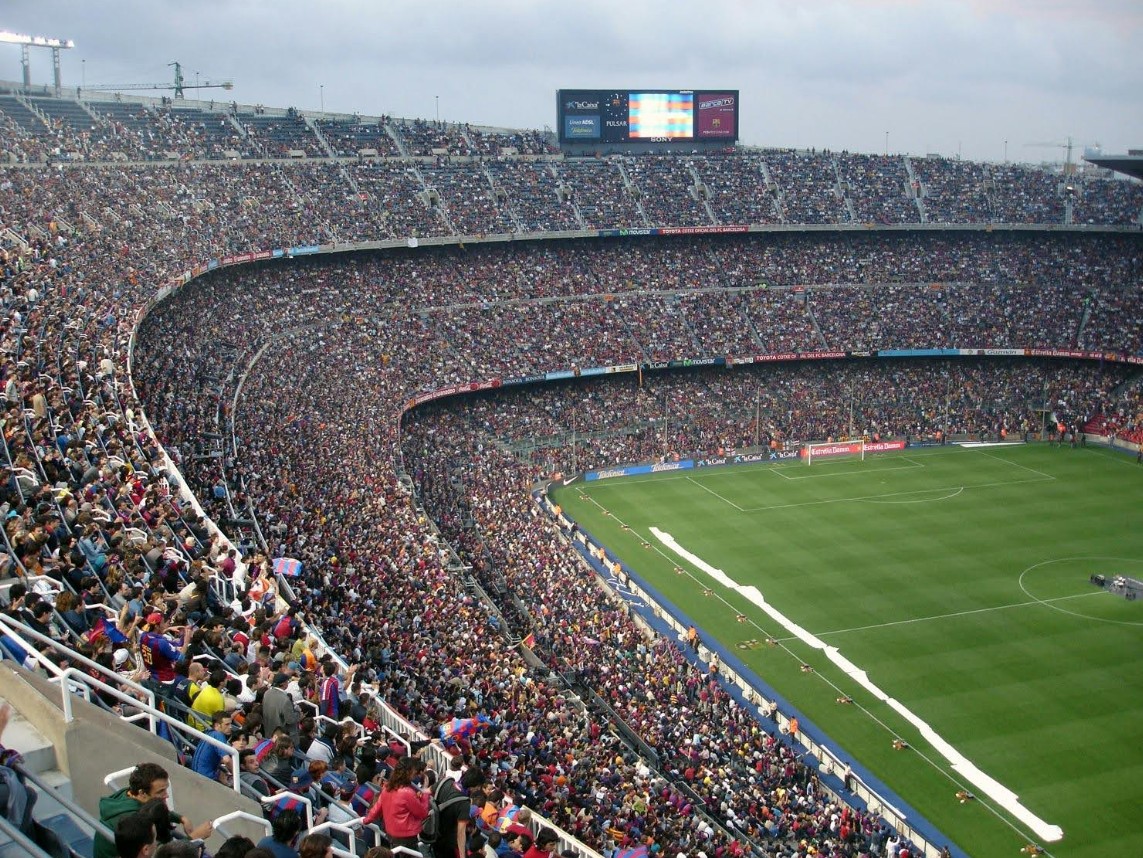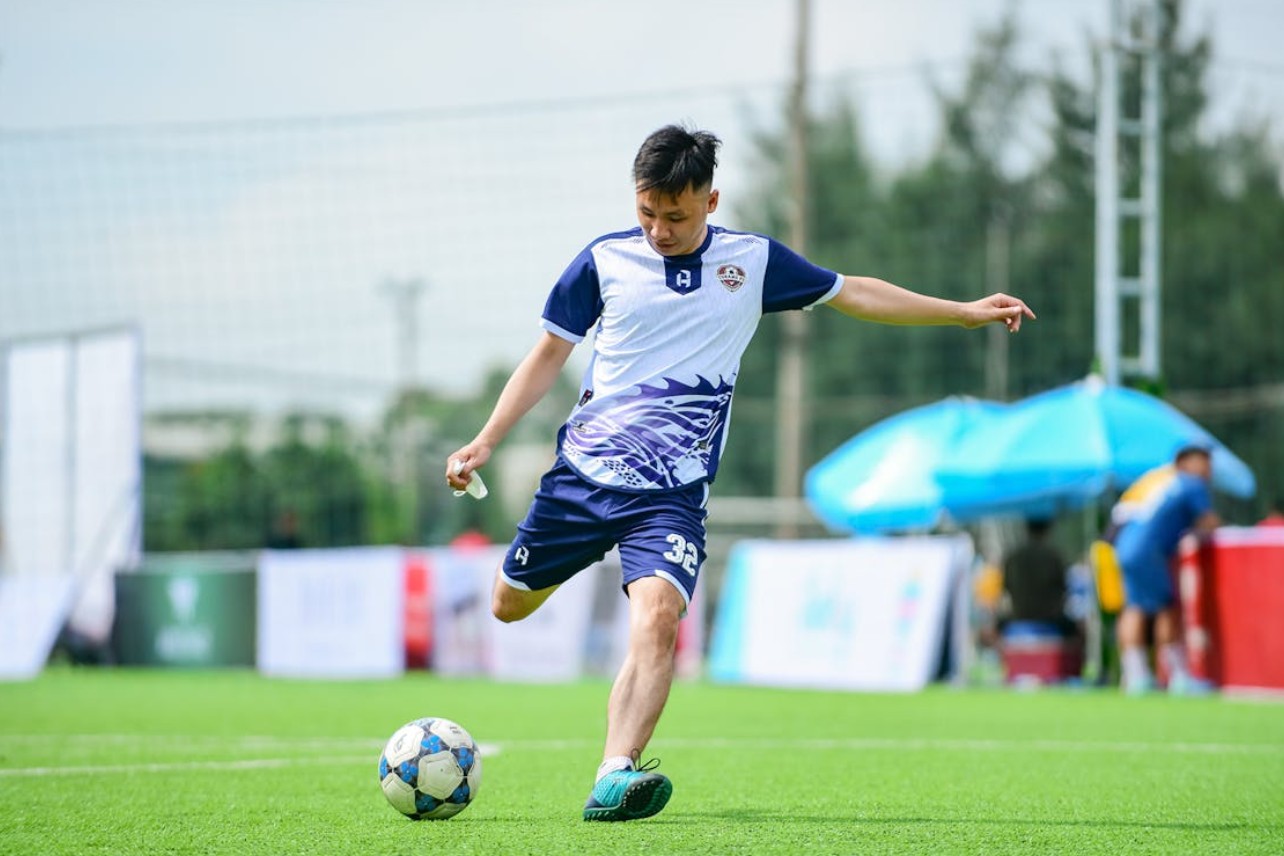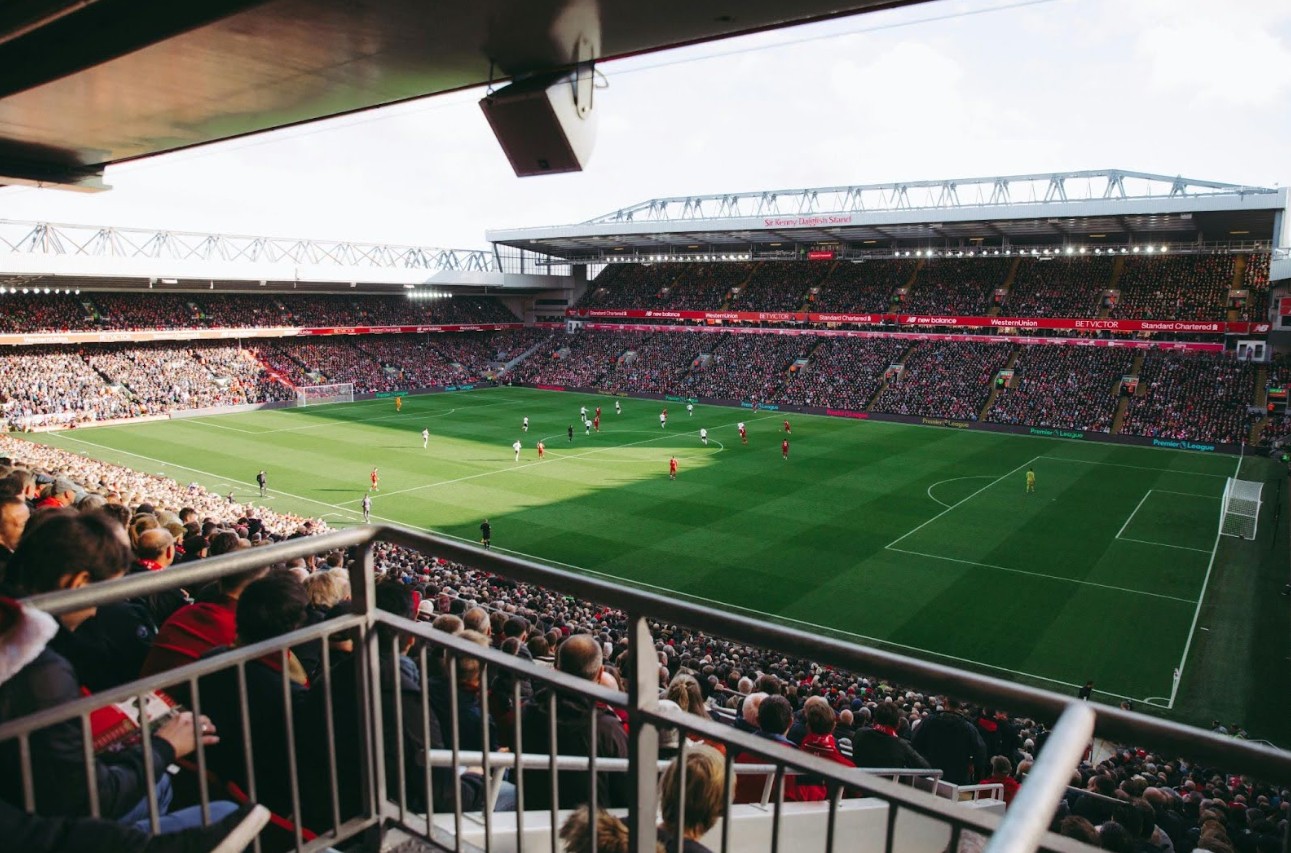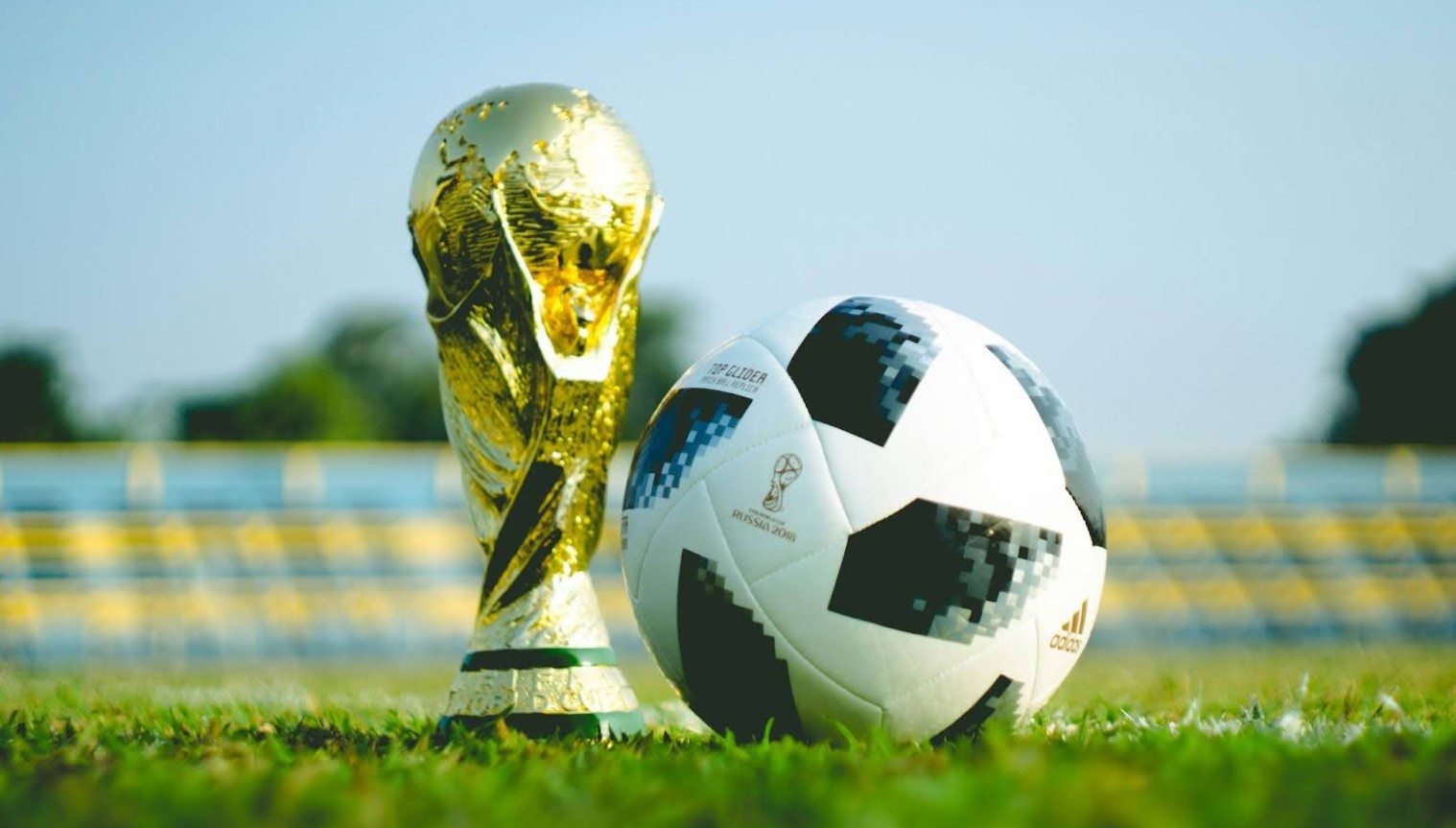From Lagos to London: The Remarkable Journey of Nigerian Footballers in British Football
How Civil War Refugees Became Premier League Stars
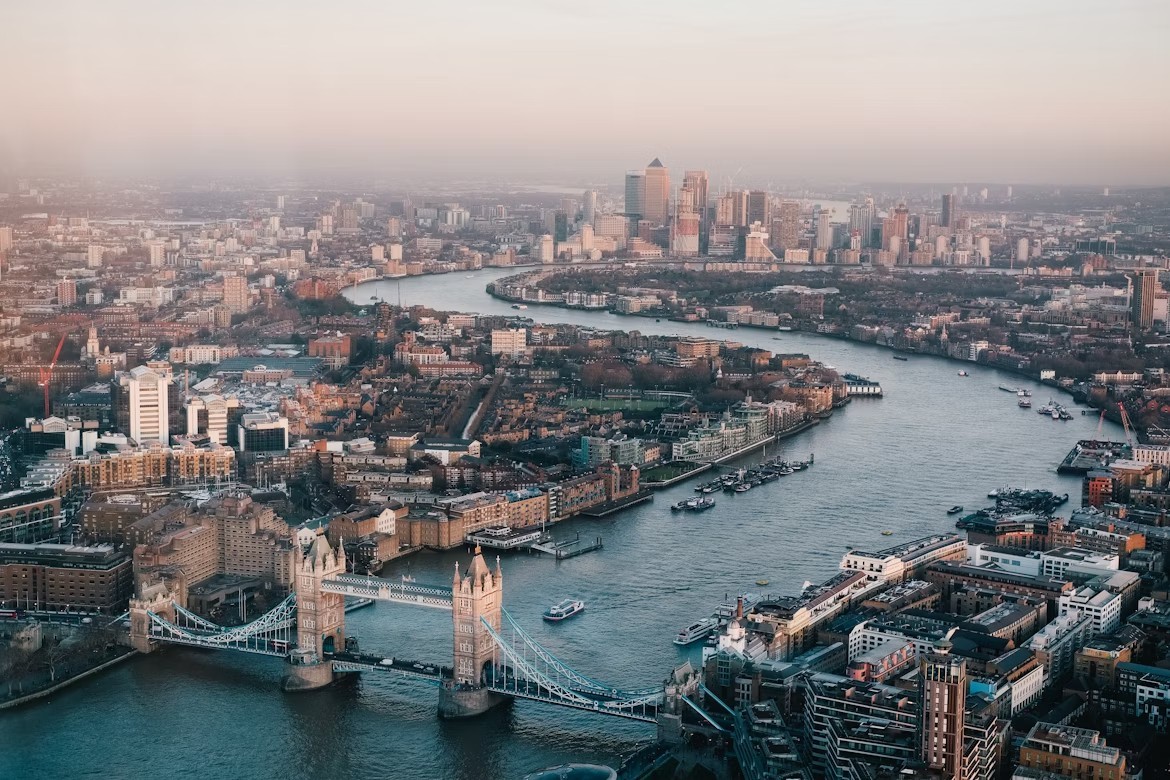
The transformation of British football over the past four decades tells an extraordinary story of migration, identity, and sporting excellence. From the aftermath of Nigeria's civil war to the pinnacle of English football, Nigerian-born players and their British-raised children have fundamentally reshaped what it means to represent both nations on the football pitch.
The Great Migration: From Tragedy to Opportunity
The foundation of this remarkable footballing story lies in one of Africa's most devastating conflicts. Between 1967 and 1970, the Nigerian Civil War claimed an estimated three million lives, with half of the casualties being children. This tragedy drove thousands of Nigerians to seek refuge in Britain, beginning a migration pattern that would span decades.
The colonial legacy played a crucial role in this movement. Britain's creation of Nigeria in the early 1900s, combining over 400 ethnic groups into a single state, had left deep tensions that eventually erupted into civil war. When independence came in 1960, these underlying conflicts remained, ultimately driving many to seek sanctuary in their former colonial power.
For comprehensive coverage of Nigerian football developments and the ongoing journey of these remarkable players from Lagos to London, football enthusiasts increasingly turn to specialist platforms like soccernet for in-depth analysis and exclusive stories that mainstream media often overlooks.
| Era | Nigerian Population in UK | Key Football Developments |
|---|---|---|
| 1980s | Mass migration begins | First generation arrivals |
| 1990s | ~90,000 Nigerian-born | George Ndah debuts in Premier League |
| 2000s | Community establishment | Golden generation emerges |
| 2010s | Growing influence | British-Nigerians choosing England |
| 2020s | 266,877 officially counted | "Innit Innit Boys" phenomenon |
Pioneer Generation: Breaking Barriers
November 1992 marked a historic moment when 17-year-old George Ndah, born in Camberwell to Nigerian parents, made his Premier League debut for Crystal Palace at Anfield. This breakthrough opened pathways for subsequent generations of British-Nigerian footballers.
The trailblazers who established the foundation:
- George Ndah (Crystal Palace): Became Palace's youngest ever Premier League player, setting a precedent for British-Nigerian representation in top-flight football.
- Efan Ekoku (Norwich/Wimbledon): Demonstrated the goalscoring prowess that would become synonymous with Nigerian forwards in English football.
- Nwankwo Kanu (Arsenal): Arrived in 1999 as an established international star, bringing technical brilliance and tactical intelligence that influenced a generation of young players.
- Celestine Babayaro (Chelsea): Showcased the athletic qualities and pace that characterized Nigerian full-backs in the Premier League.
- Jay-Jay Okocha (Bolton): Perhaps the most influential figure, whose skill and creativity at Bolton Wanderers demonstrated that smaller clubs could attract world-class Nigerian talent.
Community Building and Cultural Identity
The Nigerian diaspora established vibrant communities across London boroughs, particularly in Lewisham, Peckham, and Elephant & Castle. These communities created support networks that maintained cultural connections while adapting to British society.
Football became the connecting thread that unified these communities. Monthly gatherings, church celebrations, and summer events often centered around football discussions and celebrations of Nigerian players' achievements in English football.
Living between two worlds:
The experience of British-Nigerian families involved navigating dual identities - maintaining Nigerian cultural values while integrating into British society. Children attended English schools where their names were frequently mispronounced, while wearing Super Eagles jerseys at home and participating in community celebrations that lasted until dawn.
The "Innit Innit Boys" Revolution
The 2023 African Cup of Nations introduced the world to the "Innit Innit Boys" - five British-Nigerian players whose London accents and cultural authenticity captured fans' imagination. This group represented a new generation comfortable with their dual identity.
The London-born Nigerian internationals:
- Alex Iwobi (Newham): Nephew of Jay-Jay Okocha, representing generational continuity in Nigerian football excellence.
- Calvin Bassey (East London): Defensive stalwart who chose Nigeria despite England youth representation.
- Ademola Lookman (South London): Pace and skill personified, switching from England to Nigeria allegiance.
- Ola Aina (South London): Versatile defender equally comfortable representing Nigeria internationally.
- Semi Ajayi (South London): Aerial dominance and leadership qualities in Nigeria's defensive structure.
These players embody the complex identity questions facing modern footballers, as highlighted by their experiences representing different nations while maintaining strong cultural connections to both countries - a phenomenon that extends beyond football, as seen in other sports where national allegiances and qualification paths create similar identity discussions.
The England Revolution: Three Lions with Nigerian Hearts
Simultaneously, another group of British-Nigerian players chose to represent England, bringing their cultural heritage into the heart of English football identity. This development has fundamentally altered England's national team composition and cultural narrative.
| Player | London Area | Achievement |
|---|---|---|
| Bukayo Saka | West London | Euro 2024 star, Arsenal hero |
| Tammy Abraham | South London | Clinical striker for club and country |
| Eberechi Eze | South London | Crystal Palace creative genius |
| Dele Alli | Milton Keynes | Former Tottenham prodigy |
| Fikayo Tomori | Chelsea | Defensive reliability |
The Bukayo Saka Phenomenon
During Euro 2024, BBC commentator Guy Mowbray's explanation to 16.8 million viewers that "Bukayo" means "adds to happiness" in Yoruba represented a watershed moment. For the first time, Nigerian culture was woven directly into England's national football narrative.
However, this journey hasn't been without challenges. Following England's Euro 2020 final defeat, Saka faced racist abuse despite his penalty miss, highlighting persistent issues within football culture that talented players continue to confront regardless of their achievements.
Identity and Belonging Debates
The success of British-Nigerian players has sparked discussions about authenticity and belonging from both Nigerian and English perspectives. When the "Innit Innit Boys" lost the 2023 AFCON final, Nigerian Sports Minister John Enoh questioned their commitment, asking whether they possessed "the spirit, the fire of a Nigerian player born in Nigeria."
The dual pressure faced:
- From Nigeria: Questions about cultural authenticity and commitment to national identity
- From England: Ongoing debates about Englishness and national representation
- Social media scrutiny: Constant criticism regarding national team choices
- Racist attacks: Abuse when representing England, particularly after poor performances
The psychological impact of managing these competing loyalties mirrors challenges faced by players in other high-pressure football environments, such as those competing in major European competitions where national pride and club success intersect.
Statistical Impact on British Football
The influence of British-Nigerian players on Premier League football has grown exponentially, with their contributions becoming increasingly significant in terms of goals, assists, and overall performance metrics.
| Season | British-Nigerian Players | Goals Scored | Assists |
|---|---|---|---|
| 2020-21 | 23 active players | 47 goals | 31 assists |
| 2021-22 | 28 active players | 52 goals | 38 assists |
| 2022-23 | 31 active players | 61 goals | 45 assists |
| 2023-24 | 35 active players | 73 goals | 52 assists |
Youth Development Pipeline
London's football academies have become crucial development centers for British-Nigerian talent. Arsenal's Hale End facility, where Bukayo Saka developed, represents the gold standard for nurturing dual-heritage players.
Key development centers:
- Arsenal's Hale End: Saka's foundation and continuing pipeline
- Chelsea's Cobham: Producing defensive talents like Tomori
- Crystal Palace Academy: Eze's development model
- Tottenham's system: Historical development of players like Dele Alli
Global Context and Future Implications
The London-Lagos football connection reflects broader European trends where migration and football intersect. Similar stories are developing across the continent:
- France: Massive African diaspora influence on national team success
- Germany: Turkish-German footballers reshaping national identity
- Italy: Second-generation immigrant players gaining prominence
- Netherlands: Surinamese and Moroccan heritage players contributing significantly
Cultural Bridge Building
Football has become the ultimate integration tool, creating spaces where complex identities can coexist peacefully. Whether wearing Super Eagles green or Three Lions white, these players carry stories of migration, struggle, and ultimate triumph.
What Nigeria represents to these players:
- Heritage and ancestral connections
- Extended family relationships across continents
- Cultural traditions and values
- Community warmth and support
What England represents:
- Home and daily belonging
- Educational and professional opportunities
- Career development platforms
- The environment where dreams took shape
Legacy and Future Directions
This transformation represents more than sporting achievement - it's the story of modern Britain itself. From civil war refugees working night shifts in Canary Wharf to their children scoring at Wembley Stadium, the Nigerian-London connection demonstrates football's power to unite, inspire, and transform societies.
The next generation continues this evolution, with hundreds of British-Nigerian talents progressing through London's academy systems. The question isn't whether more will represent either Nigeria or England - it's how their success will continue reshaping both nations' footballing identities.
Conclusion
The journey from Lagos to London via football represents one of the most remarkable migration and integration stories in modern sport. These players haven't chosen between two worlds - they've created a new world entirely, one where identity is fluid rather than fixed, and success is measured through inclusion rather than exclusion.
As one community elder reflected: "We lean in on ourselves, on what has been created here, on what London has made of us, and what we have made of it. This discovery of self, this carving out of home, is a feeding of the spirit."
The story continues with every match played, every goal celebrated, and every young player choosing their international path. Whether wearing green and white or white and blue, they're all writing the same incredible narrative - one of belonging, identity, and the beautiful game that brought them home.


